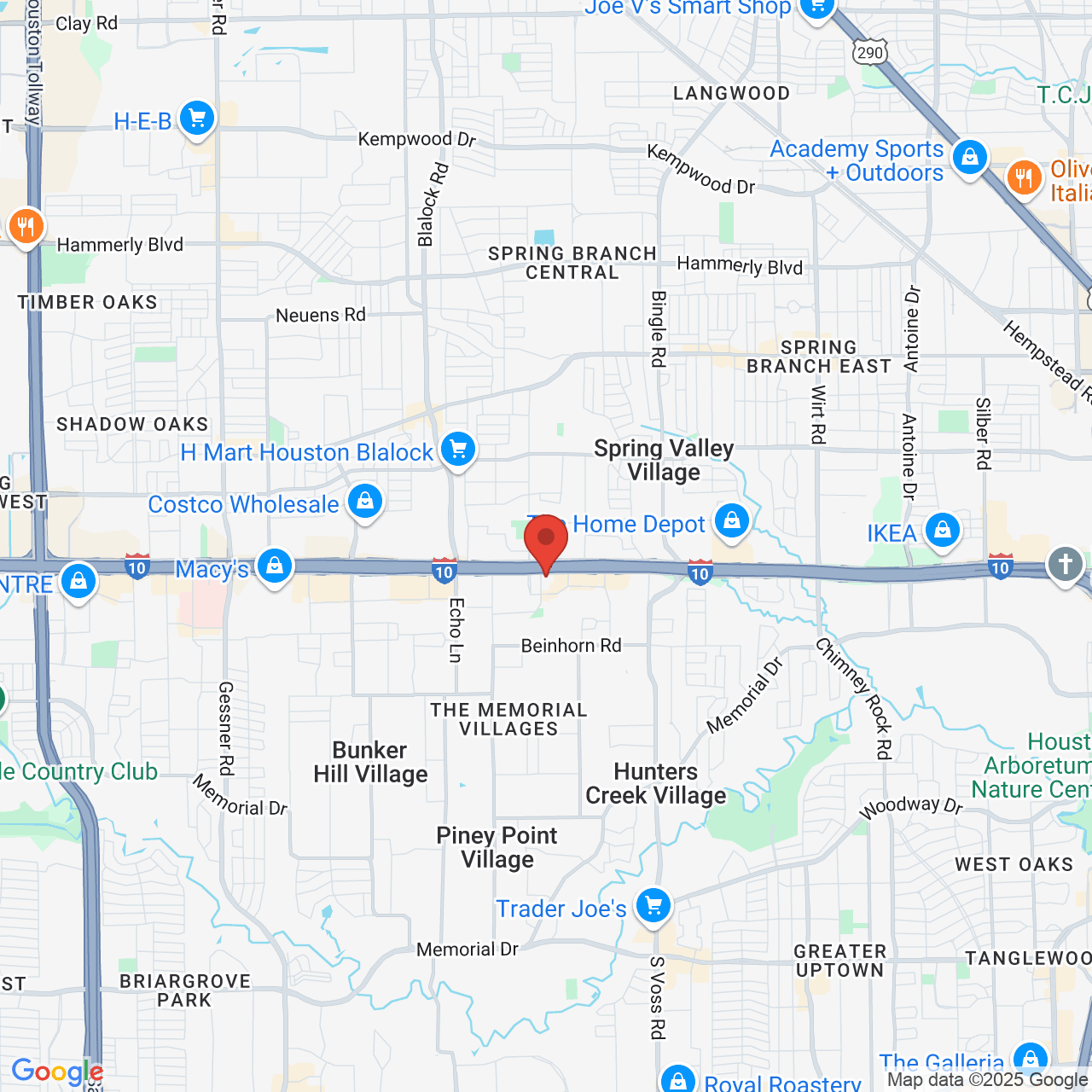Day 3 and Day 21 Female Fertility Tests
 Facing infertility can seem like a hopeless and lonely experience. Fortunately, at Dr. Sonja Kristiansen’s Houston fertility center, our patients can find both hope and support as they deal with the problem of infertility. There are many treatments available to help women realize the dream of conceiving a child. However, the first step in determining an appropriate treatment plan for any couple is to diagnose the cause of infertility. In order for Dr. Kristiansen to assess each individual’s situation, a consultation will be scheduled to discuss the patient’s medical history, menstrual and pregnancy history, medication use, and any other health or lifestyle issues that may be relevant. This is likely to be followed by a thorough physical exam. Our patients in Houston can also expect female fertility testing to be a crucial part of infertility treatment.
Facing infertility can seem like a hopeless and lonely experience. Fortunately, at Dr. Sonja Kristiansen’s Houston fertility center, our patients can find both hope and support as they deal with the problem of infertility. There are many treatments available to help women realize the dream of conceiving a child. However, the first step in determining an appropriate treatment plan for any couple is to diagnose the cause of infertility. In order for Dr. Kristiansen to assess each individual’s situation, a consultation will be scheduled to discuss the patient’s medical history, menstrual and pregnancy history, medication use, and any other health or lifestyle issues that may be relevant. This is likely to be followed by a thorough physical exam. Our patients in Houston can also expect female fertility testing to be a crucial part of infertility treatment.
Fertility Testing
In order to track a woman’s fertility and determine the likely cause of infertility, testing will be required. Two common female fertility tests that are performed during a woman’s menstrual cycle are the day 3 and day 21 fertility tests.
- Day 3 test: The day 3 fertility test is a blood test that is done on the third day of a woman’s menstrual cycle. This is typically the first fertility test that will be performed. This test allows Dr. Kristiansen to track hormone levels in the blood. One of the hormone levels that is checked in the day 3 test is the follicle stimulating hormone (or FSH), which is responsible for the egg maturation process. A high level of FSH may indicate a diminished ovarian reserve. Another hormone level checked is estradiol (E2). This hormone should be low early in the cycle and a higher level may indicate an ovarian cyst or a diminished ovarian reserve. Other hormones tested include luteinizing hormone, prolactin, and thyroid.
- Day 21 test: At day 21 of the menstrual cycle, another blood test will be performed. At day 21, Dr. Kristiansen will be checking the level of progesterone. By checking the progesterone levels in the blood, Dr. Kristiansen will be able to determine if the patient has ovulated.
The hormones that are tracked in the day 3 and day 21 fertility tests will help Dr. Kristiansen diagnose the source of infertility problems and create a treatment plan that will help the patient conceive.
Fertility Treatment
Dr. Sonja Kristiansen’s fertility center gives patients the opportunity to benefit from the most advanced fertility treatments available today. Depending on each patient’s unique needs, treatment may involve medication, surgery, or other options such as egg donors or surrogate carriers. One of the most popular infertility treatments for our patients in Houston, in vitro fertilization is a six step treatment process that is highly successful in producing healthy pregnancies.
Schedule an Appointment
For couples who have had difficulty conceiving, Dr. Sonja Kristiansen can provide the answers that may make conception a possibility. To learn more about the fertility tests and treatments available at our Houston fertility center, schedule an appointment with Dr. Kristiansen at your earliest convenience.


